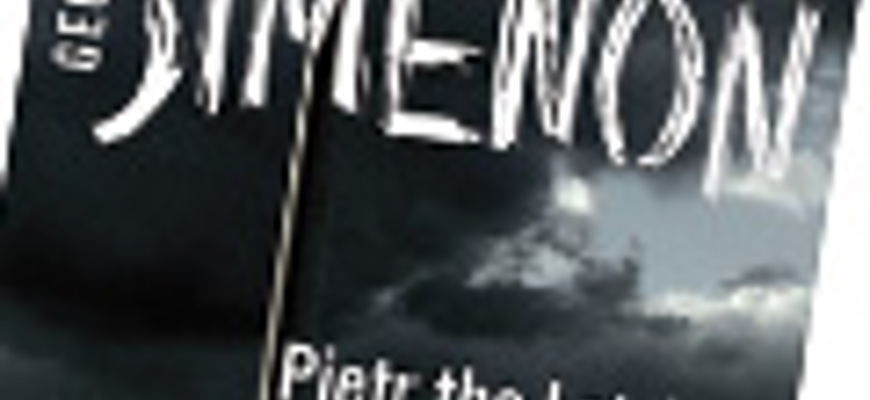Reading for pleasure

Truth
Peter Temple (Quercus: £7.99; e-book £1.03)
Peter Temple is one of Australia’s foremost writers of criminal fiction. This is only the second of his books published in the UK, and we are all the worse for not being exposed to more of this author’s work.
This book won the prestigious Miles Franklin award and was described by the jury as “a stunning novel about contemporary Australian life, written with all the ambiguity and moral sophistication of the most memorable literature”. Is such violent crime and corruption in all areas of authority prevalent?
This is a taut, fast paced book which sees Stephen Villani, acting head of homicide in Melbourne, facing a myriad of domestic problems while meeting resistance in the investigation of the murder of a young woman, in a newly opened, high-end, new-concept apartment and casino complex, with supposedly “beyond the curve” impregnable security. The greatest resistance is met from the Attorney General and other Government ministers, all this taking place over a few days against a background of raging bush fires and on the eve of an election. The police become that which they ought never be: a political imperative.
Added to this, Villani has to face up to his own past, involving the actings of other officers, as well as the impending divorce from his wife and the disappearance of his wayward younger daughter.
Two brothers are brutally slain and as Villani investigates, his fears of the identity of the person responsible become ever greater.
Villani, however, is not the more common character of the genre: depressed, sad, lonely, hard drinking, self pitying. He is a decent, committed officer, fighting corruption as best he can, with political astuteness, while facing up to the more common issue of lost or deteriorating family relationships caused by that very commitment to the public good.
Great Britain’s Great War
Jeremy Paxman (Viking: £25; e-book £12.99)
2014 sees the 100th anniversary of the beginning of the First World War – the war said to end all wars. He describes the daily life of soldiers in trenches facing their German opponents, from the construction of trenches, their naming after London streets, the camaraderie and the fear and horror endured by men, who faced a war with tactics and stalemate the likes of which had never been experienced before. He considers the senior ranks of the military, and while some were clearly of a different time and unsuited for what they faced, he is sympathetic to their role and advances a convincing argument that they were not inured to the reality of the conflict.
It was no episode of Blackadder. Craiglockhart hospital, where Sassoon and Owen met while convalescing, features as does the early recognition of the need to address the mental health of those who had been at the front. He tells of how war emboldened the home front, yet also reminds us of the domestic political issues: Ireland and the Easter uprising, women’s suffrage and the strikes by workers who were making increasing contributions to the war effort. Paxman writes with easy grace and engaging style. For an overview of life faced at the front and at home, of the political landscape and the impact of the war, this is a terrific introduction.
Pietr the Latvian
Georges Simenon (Penguin: £6.99; e-book £2.99)
This is the first Inspector Maigret – “a big, bony man... imposing himself just by standing there” – published in 1930. It more than stands the test of time. Written in simple, straightforward, but tremendously atmospheric text, the reader is easily drawn into a somewhat complex and compelling story. Maigret tackles organised, cross-border crime, using forensic skills in the examination of the deceased and international organisations such as Interpol, concepts rather unexpected when it is recalled that the three Baltic states were at the time independent states of only around 10 years’ standing and Interpol having been established in 1923.
Penguin are committed to releasing one of the slim volumes in the series per month, and after a period in the darkness, let the light shine where it deserves. Tremendous.In this issue
- The DCFR, anyone?
- Cloak and dagger in cyberspace?
- One person's entertainment
- Scouting for professionals?
- Reading for pleasure
- Opinion column: Alan McIntosh
- Book reviews
- Profile
- President's column
- Working smarter, working harder
- Hang tough
- At home with home reports?
- E-missives: what now?
- Hedges: a financial plague
- Rights: a bold agenda
- Timetable twist
- Overprovision: what next?
- Sustainability is the key
- LLP rules unveiled
- Relocation: locking the stable door
- Scottish Solicitors' Discipline Tribunal
- Island futures
- An onerous obligation?
- What's in a name?
- How not to win business: a guide for professionals
- Merging: a safe partner?
- Ask Ash
- From the Brussels office
- Law reform roundup






